Just In
- 2 hrs ago

- 6 hrs ago

- 10 hrs ago

- 10 hrs ago

Don't Miss
- Technology
 itel Super Guru 4G Phone With UPI Support Launched in India; Check Price, Specifications
itel Super Guru 4G Phone With UPI Support Launched in India; Check Price, Specifications - News
 More Than Rs 1000 Crore Spent By DMK, AIADMK To Win Election In Coimbatore: Annamalai
More Than Rs 1000 Crore Spent By DMK, AIADMK To Win Election In Coimbatore: Annamalai - Sports
 Why camera zoomed in on IPL 2024 coin toss after Sam Curran flipped it in front of Hardik Pandya in Mullanpur?
Why camera zoomed in on IPL 2024 coin toss after Sam Curran flipped it in front of Hardik Pandya in Mullanpur? - Finance
 1:2 Bonus, Rs 401/Sh Dividend; Tata's NBFC Stock Falls On Big Update Related To Dividend Recommendations
1:2 Bonus, Rs 401/Sh Dividend; Tata's NBFC Stock Falls On Big Update Related To Dividend Recommendations - Movies
 Pranali Rathod New Show: Yeh Rishta Kya Kehlata Hai Star Signs Next Project Of Jhanak Makers? DEETS
Pranali Rathod New Show: Yeh Rishta Kya Kehlata Hai Star Signs Next Project Of Jhanak Makers? DEETS - Automobiles
 India's Elections Trigger Airfare Surge in Tamil Nadu
India's Elections Trigger Airfare Surge in Tamil Nadu - Education
 Karnataka SSLC Result 2024 Soon, Know How to Check Through Website, SMS and Digilocker
Karnataka SSLC Result 2024 Soon, Know How to Check Through Website, SMS and Digilocker - Travel
Telangana's Waterfall: A Serene Escape Into Nature's Marvels
Kidney Stone Diet: Which Foods Can Cause Kidney Stones
Kidney stones occur when substances such as calcium oxalate, uric acid, and cystine start forming in high amounts in the urine and don't get dissolved.
Kidney stones can also develop in your urethra, bladder and ureters. There are different types of kidney stones and each type is made of calcium oxalate, uric acid, calcium phosphate, struvite and cystine. Eating certain foods can increase the risk of developing kidney stones.
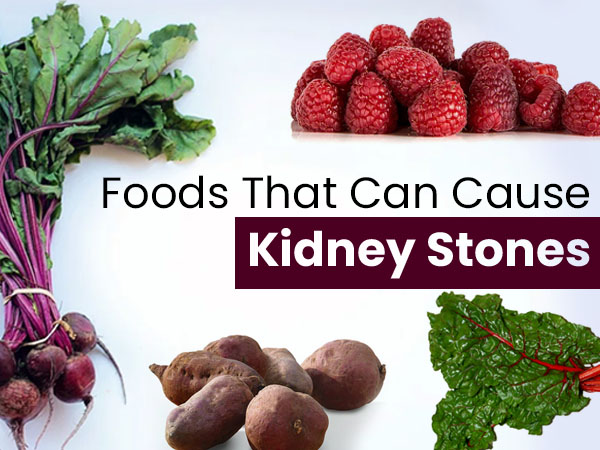
Read on to know the foods that can increase the risk of developing kidney stones.
Calcium Oxalate Kidney Stones
Oxalate is a substance that is naturally found in many foods. Your kidneys flush out waste from the body through urine and if there is excess waste and less urine, oxalate crystals start forming. Excess oxalate can bind with calcium and form crystals in the urine, thereby leading to the development of calcium oxalate kidney stones.
Foods that cause calcium oxalate stones are:
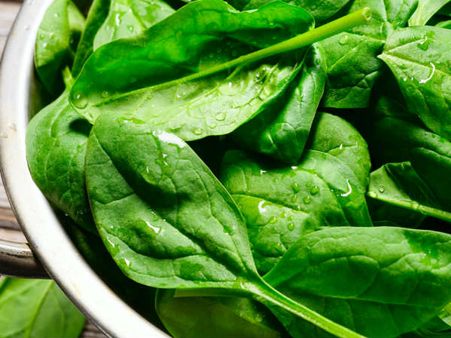
1. Spinach
Spinach contains moderate amounts of soluble and insoluble oxalate. According to a study, 100 g of frozen spinach found in New Zealand has about 90 mg of calcium and 76.7% of this calcium was not found because it was bound to oxalate as insoluble oxalate. When the frozen spinach was grilled, there was no way for the soluble oxalates to leach out into the cooking water that is discarded [1].
However, consuming calcium-rich foods with spinach significantly reduces the absorption of soluble oxalate.
How much to consume: Limit to ¼ cup cooked or ½ cup raw spinach; avoid other high oxalate foods.

2. Beetroot
Beetroot, beet greens and beetroot powder are high in oxalate and may increase the risk of kidney stone formation. Therefore, people who have a tendency to develop kidney stones or gallstones should minimize beetroot consumption.
How much to consume: Limit to ½ cup cooked beetroot, avoid juiced form; avoid other high oxalate foods.
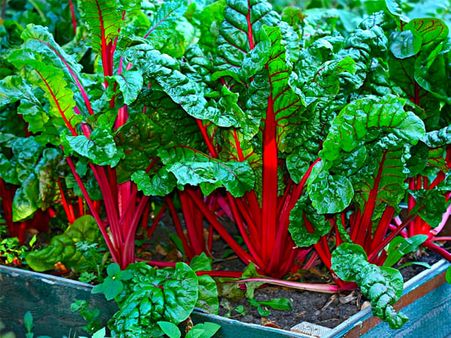
3. Swiss chard
Swiss chard is also a moderate source of oxalate. The young leaves of Swiss chard contain lower levels of oxalate than mature leaves. The oxalate content of Swiss chard can be reduced by soaking, boiling and stir-frying.
How much to consume: Have ½ cup raw or ¼ cup cooked Swiss chard per day.

4. Rhubarb
Rhubarb is another vegetable that contains high amounts of oxalate. Boiling and steaming rhubarb in water or cooking it in milk can reduce soluble oxalate content in rhubarb [2].
How much to consume: Limit to ½ cup cooked rhubarb; avoid other high oxalate foods.
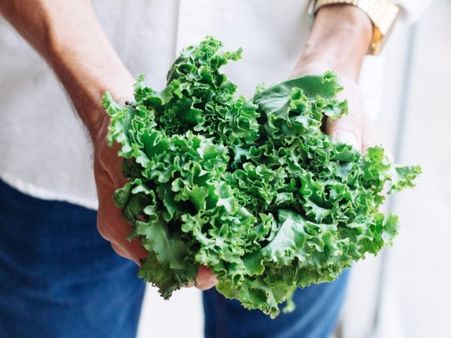
5. Kale
Kale is a green leafy vegetable rich in oxalate, which if consumed in excess can cause kidney stones. So, people who are prone to kidney stones should avoid consuming it in large amounts.
How much to consume: Limit to ½ cup raw kale; avoid other high oxalate foods
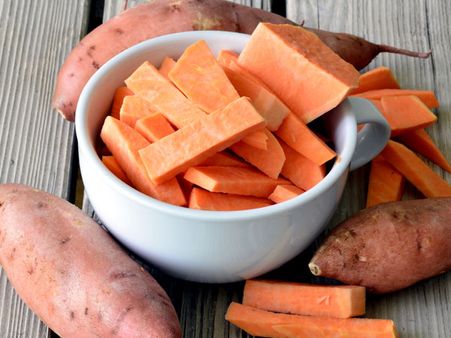
6. Sweet potatoes
Sweet potatoes contain moderate amounts of oxalate, therefore, people with kidney problems should stop eating sweet potatoes or should limit their consumption.
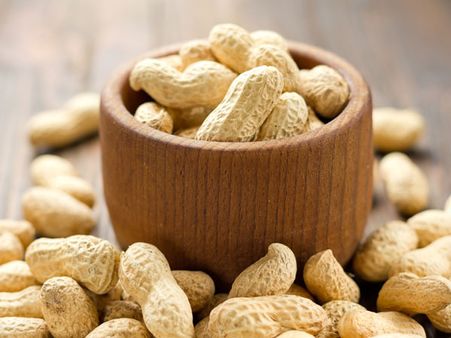
7. Peanuts
Peanuts are a common food that is enjoyed as a snack. 100 g of roasted peanuts provide about 187.0 mg of oxalate and studies have shown that peanuts can cause oxalate nephropathy. Oxalate nephropathy is caused when oxalate crystal deposits are formed in the kidneys that lead to inflammation and renal epithelial cell injury [3].

8. Star fruit
Studies have shown that consuming excess amounts of star fruit leads to the development of oxalate nephropathy in patients with normal and abnormal baseline renal function [4].
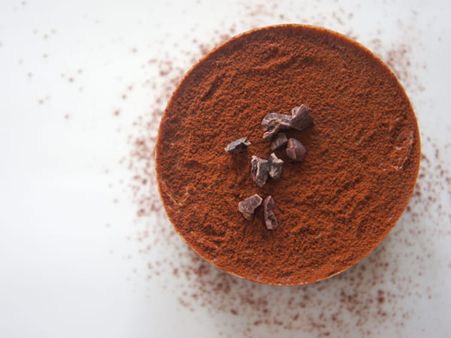
9. Cocoa powder
According to a study, cocoa powder obtained from organically grown cocoa beans contain less oxalates than the cocoa powder obtained from cocoa beans grown conventionally. Cocoa and cocoa processed products tend to have high oxalate content, therefore people suffering from kidney stones should limit the consumption [5].
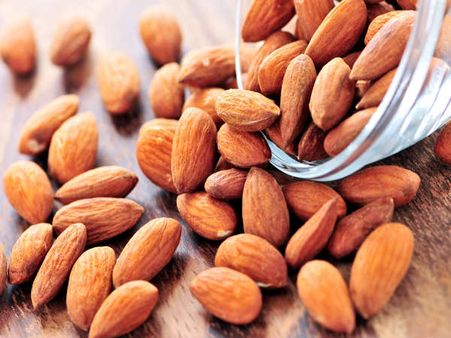
10. Almonds
People who suffer from kidney problems should avoid consuming almonds in excess because these nuts are also high in both soluble and insoluble oxalates [6].
How much to consume: Limit to 2 tablespoons raw/roasted almonds.

11. Cashews
Cashew nuts are also known to have good amounts of oxalate. Consuming cashew nuts excessively will increase the oxalate content in your body.
How much to consume: Limit to 2 tablespoons raw/roasted cashews.
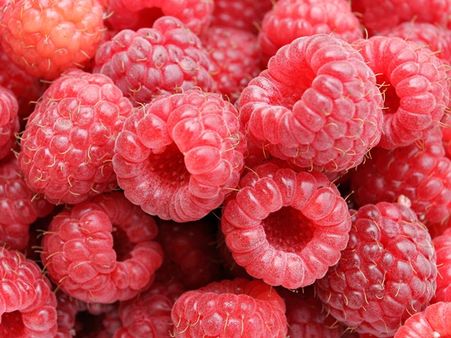
12. Raspberries
Raspberries are rich in oxalate which can lead to the development of kidney stones. They also contain vitamin C, which can lead to the development of kidney stones [7].
How much to consume: Limit to ½ cup fresh raspberries.
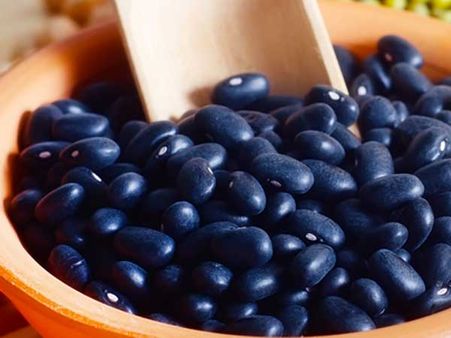
13. Black beans
Black beans have a high oxalate content. Boiling black beans can reduce the oxalate level as the oxalate is leached into the water while boiling.
How much to consume: Limit to ½ cup cooked black beans.
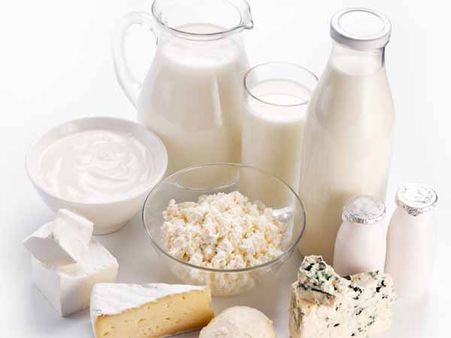
Calcium Phosphate Kidney Stones
When calcium in the urine binds with phosphorus, it forms calcium phosphate kidney stones.
Foods that cause calcium phosphate stones are:
1. Dairy products
Milk, cheese and other dairy products can cause calcium phosphate kidney stones, which forms when the calcium in the urine combines with the mineral phosphorus.
How much to consume: Limit to 1 serving of dairy per day.
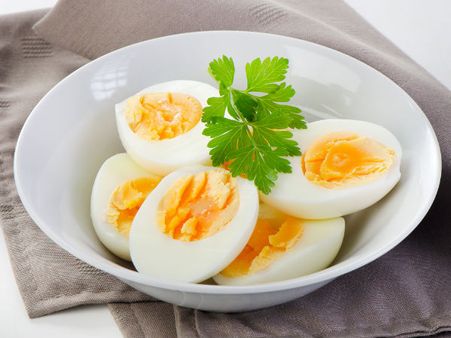
2. Eggs
Eggs are a source of animal protein that can contribute to the development of calcium phosphate kidney stones. So, limit the consumption of eggs.
How much to consume: Limit to 1-2 eggs per day.
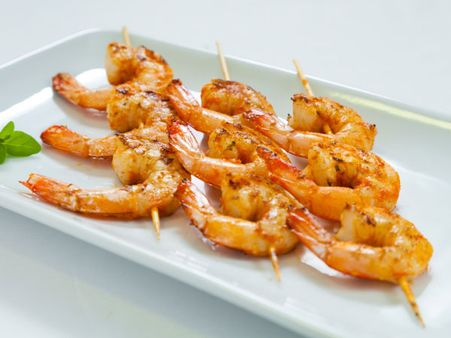
3. Seafood
Seafood is another rich protein source that can cause calcium phosphate kidney stones. So, limit your consumption of seafood if you are suffering from kidney problems.
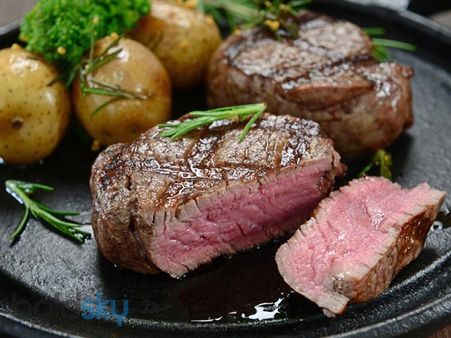
Uric Acid Kidney Stones
Purines, a natural chemical found in certain foods can cause uric acid kidney stones. Higher intake of purine-rich food leads to an increased production of uric acid which in turn makes your urine acidic, and causes kidney stones.
Foods that cause uric acid stones are:
1. Red meat
Consuming excess red meat increases the level of uric acid that could possibly lead to the development of kidney stones. It is because red meat contains high amounts of purines, a chemical compound naturally present in red meat.
How much to consume: Limit red meat consumption to 1-2 servings a week.

2. Shellfish
Shellfish also contains high amounts of purines which leads to an increase in uric acid levels and creates a larger acid load for the kidneys to excrete. This leads to the development of kidney stones.
How much to consume: Limit to 1-2 servings per week.
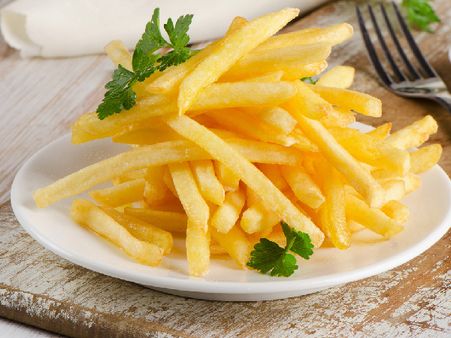
Cystine Kidney Stones
It is caused by a rare disorder called cystinuria, which produces a natural substance called cystine to leak into your urine. Excess cystine in the urine causes cystine kidney stones.
Salty foods such as French fries, canned soup and processed meat are rich in sodium, which can trigger the formation of cystine kidney stones. Reduce the amount of sodium in your cooking.
How much sodium to consume per day: Limit sodium intake to 2300 mg per day; the equivalent of ½ teaspoon.
To Conclude...
If you suffer from kidney problems, be mindful when it comes to choosing the right kind of food, especially the ones described above. Talk to your doctor to know which foods you should stay away from to prevent the development of kidney stones.
Common FAQs
What is the best food to eat when you have kidney stones?
Eat lemons, consume less salt, have calcium-rich foods, eat fruits, consume lean protein foods and drink plenty of water.
Are bananas good for kidney stones?
Bananas have high magnesium and potassium content that can help prevent the formation of kidney stones.
Is almond milk bad for kidney stones?
Almond milk contains excessive amounts of calcium oxalate, therefore people who are prone to kidney stones should avoid consuming it.
What kind of tea causes kidney stones?
Drinking black tea and iced tea can increase the risk of kidney stones.

-
 healthDoes Drinking Coffee Increase Your Risk Of Kidney Stones? How Much Coffee Is Good For Kidney Stones?
healthDoes Drinking Coffee Increase Your Risk Of Kidney Stones? How Much Coffee Is Good For Kidney Stones? -
 kidsWorld Kidney Day 2023: Kidney Stones In Children; What Parents Should Know
kidsWorld Kidney Day 2023: Kidney Stones In Children; What Parents Should Know -
 nutrition10 Amazing Health Benefits Of Red Bananas
nutrition10 Amazing Health Benefits Of Red Bananas -
 wellness18 Low-Oxalate Foods That May Help Prevent The Risk Of Kidney Stones
wellness18 Low-Oxalate Foods That May Help Prevent The Risk Of Kidney Stones -
 wellness27 Fruits And Vegetables Naturally Rich In Malic Acid
wellness27 Fruits And Vegetables Naturally Rich In Malic Acid -
 disorders cureKidney Stones: Symptoms, Causes, Diagnosis, Treatment And Prevention
disorders cureKidney Stones: Symptoms, Causes, Diagnosis, Treatment And Prevention -
 disorders cureDoes Barley Water Really Cure Kidney Stones? Here's All You Need To Know
disorders cureDoes Barley Water Really Cure Kidney Stones? Here's All You Need To Know -
 wellness9 Surprising Reasons For Frequent Urination
wellness9 Surprising Reasons For Frequent Urination -
 wellness10 Interesting Health Facts About Water
wellness10 Interesting Health Facts About Water -
 nutritionWorld Kidney Day - Natural Juices To Flush Out Kidney Stone
nutritionWorld Kidney Day - Natural Juices To Flush Out Kidney Stone -
 disorders cureKidney Stones: 10 Signs Women Should Not Ignore
disorders cureKidney Stones: 10 Signs Women Should Not Ignore -
 healthWhy Are Dopamine Boosting Foods Good For Your Overall Health? Check This List To Add It Naturally To Your Diet
healthWhy Are Dopamine Boosting Foods Good For Your Overall Health? Check This List To Add It Naturally To Your Diet


 Click it and Unblock the Notifications
Click it and Unblock the Notifications



